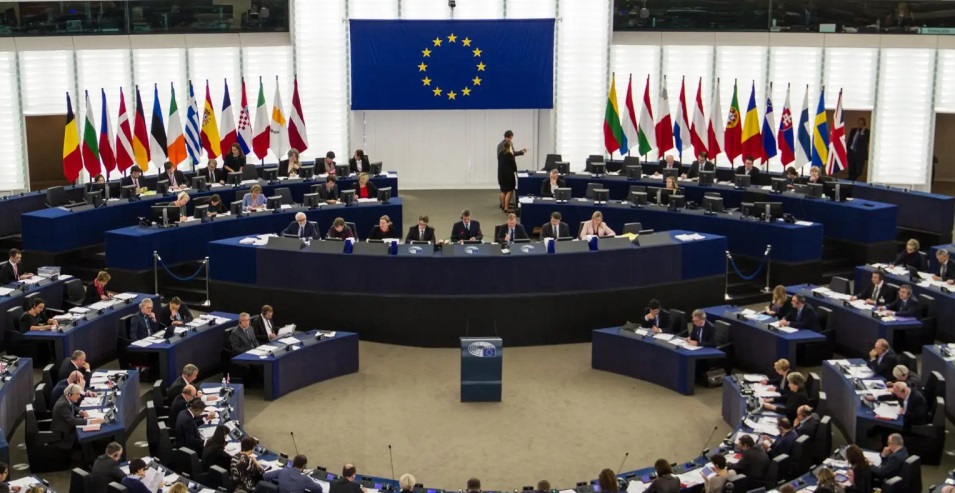The European Union countries gave final approval on Monday to their new critical raw materials law, aiming to reduce dependence on other powers by setting extraction, processing, and recycling targets within European territory and accelerating permit granting.
The new regulation, agreed upon between the Member States and the European Parliament last November and endorsed by the Eurochamber in December, also provides that governments and the European Commission may designate certain projects as strategic, demands risk assessments from some companies, and requires countries to have national plans for raw materials exploration.
“This law will boost our mining sector, improve our recycling and processing capabilities, create local and quality jobs, and ensure that our industry is ready for the green and digital transitions,” stated Jo Brouns, Flemish Economy Minister, in a statement on behalf of the Belgian presidency of the EU Council.
The legislation establishes a list of 34 critical raw materials, with 17 deemed “strategic” due to their role in digital, ecological, defense, or space industries, and sets objectives to reduce dependence on third countries as, in some cases, the Twenty-Seven rely almost entirely on a single supplier.
Specifically, the EU must locally extract ten per cent of its annual consumption of these raw materials, process 40 per cent of this demand within its territory, and cover 25 per cent of it with recycled materials.
The law aims to streamline bureaucratic procedures, with permits for raw material extraction to be granted within a maximum of 27 months and those for recycling and processing within a maximum of 15 months, although exceptions are included to ensure dialogue with affected local communities and adequate environmental impact analysis in complex cases, according to the Council statement.
States will have to establish single contact points between administrations and industry to facilitate the development of strategic projects, while large companies manufacturing strategic technologies such as batteries, hydrogen, or renewable generators will have to conduct risk assessments to detect potential vulnerabilities in their raw material supply.
The EU seeks with these measures to gain autonomy in procuring raw materials such as lithium, nickel, silicon, magnesium, or palladium, which are essential for the manufacturing of almost any technological product, from mobile phones and batteries to defense applications and solar panels.
It is anticipated that demand for these materials will grow exponentially in the coming years, and currently, the EU has an exacerbated dependence on third parties to obtain them: China provides 98 per cent of rare earths and 93 per cent of magnesium, among other minerals of which it is the main supplier; Turkey, 98 per cent of borate; Chile, 78 per cent of lithium, and South Africa, 71 per cent of platinum, among others.
This effort for local production will be accompanied by agreements with like-minded third countries, such as those recently signed with Chile and Uruguay, to diversify their sources of supply.
Following the approval, the law will be published in the EU Official Journal and will enter into force twenty days later.





